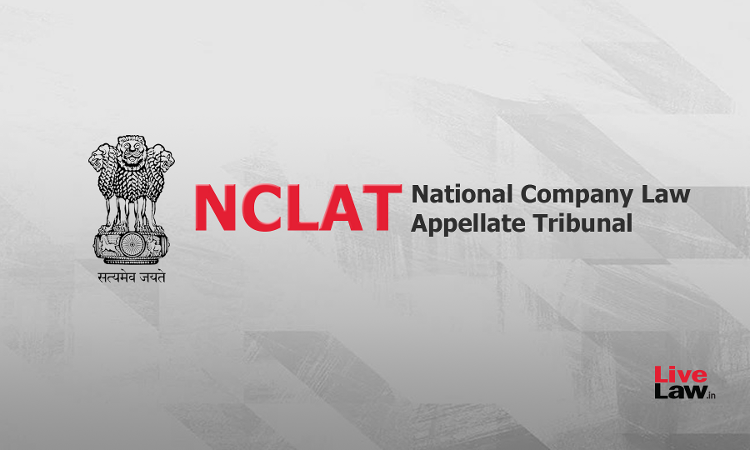Principle Of Stare Decisis Applies To NCLT As Well As NCLAT. NCLAT
LIVELAW NEWS NETWORK
31 Jan 2022 1:23 PM IST

Next Story
31 Jan 2022 1:23 PM IST
The NCLAT in a Bench comprising of Justice Ashok Bhushan, Justice Jarat Kumar Jain and Dr. Alok Srivastava in the case of Rajeev R. Jain, Director (Suspended) v. AASAN Corporate Solutions Pvt. Ltd. held that the principle of stare decisis is applicable both to NCLT as well as NCLAT. Factual Background- The Appellant challenged the order of the NCLT, Mumbai Bench which admitted...
